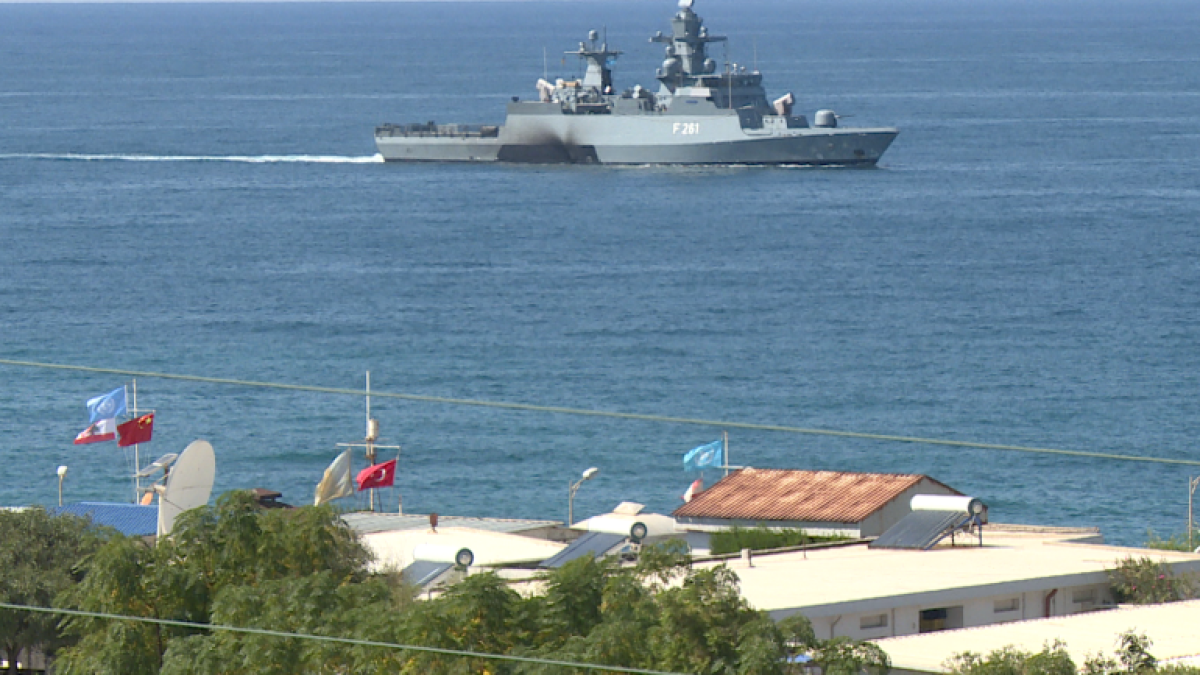Israeli Prime Minister Yair Lapid gave preliminary approval - on Sunday - to a draft agreement brokered by the United States to demarcate the maritime border with Lebanon, while Lebanese officials saw the draft agreement as "positive."
Lapid said - before the government - that the draft will fully safeguard Israel's security and commercial interests, expressing at the same time his openness to the idea of Lebanon's production of natural gas from a disputed field in the Mediterranean "if Israel obtains fees from it."
Lapid said Israeli approval of the project would await legal advice.
On the Lebanese side, Parliament Speaker Nabih Berri said that the draft agreement brokered by the United States to demarcate the disputed maritime borders with Israel is "positive", but it must be studied before giving a final response to it, according to statements published by his office.
Berri said that the draft "in principle meets the Lebanese demands" that refuse to have any impact on the maritime border agreement on the land borders between Lebanon and Israel.
He pointed out that the agreement consists of 10 pages and is in English, "and requires a lesson before giving a final response to it."
And the Secretary-General of the Lebanese Hezbollah, Hassan Nasrallah, said - in a televised speech yesterday, Saturday - that Lebanon's receipt of a written offer from the American mediator regarding the demarcation of the border is a very important step, adding that the coming days will be decisive in this regard.
Anadolu Agency also quoted a Lebanese source - whom it described as a high-level insider - that the American proposal received by Beirut regarding the demarcation of the maritime border with Israel is "positive."
The source added, preferring not to be named, that "the proposal preserves for Lebanon its rights in the Qana field, the 23 maritime border line and the entire gas fields (within its borders)."
The northern part of the Qana field is located in the marine geographical spot No. 9, and within the 23rd line that Lebanon considers its maritime borders, according to maps deposited with the United Nations, while the southern part of it is located within the area considered by Israel to belong to it.
The source added, "The proposal is positive in principle, and Total (French, based on an agreement previously signed with Beirut) will be able to start exploring for gas in the Lebanese fields."
Lebanon and Israel are quarreling over a sea rich in oil and gas in the Mediterranean, with an area of 860 square kilometers, and the United States is mediating indirect negotiations between them to settle the dispute and demarcate the border.
Yesterday, Saturday, Presidents Michel Aoun, the government, Najib Mikati, and Parliament, Nabih Berri, received from Washington's ambassador, Dorothy Shea, a proposal from the American mediator, Amos Hochstein, regarding the demarcation of the border with Israel.

